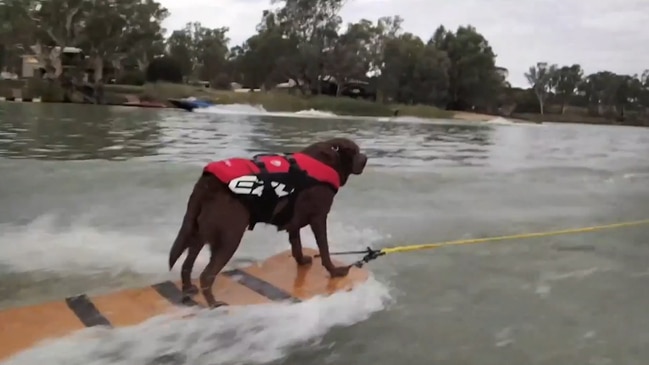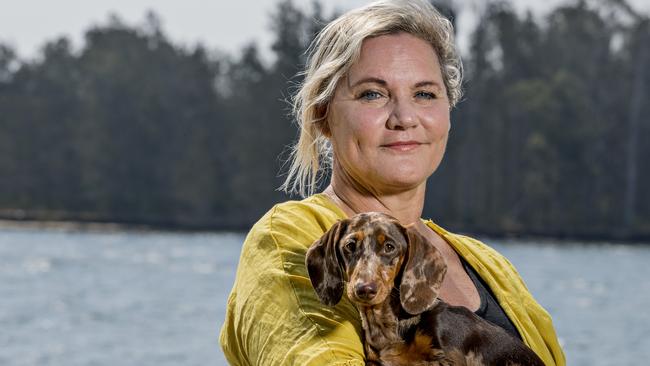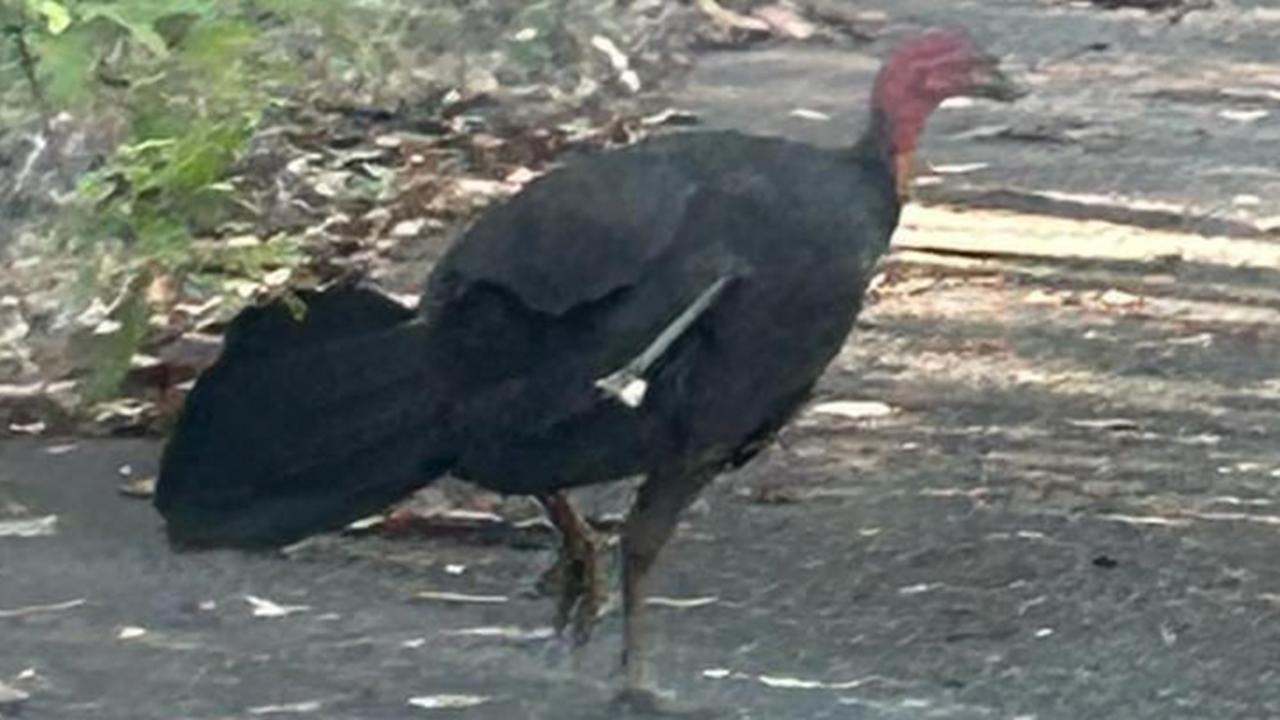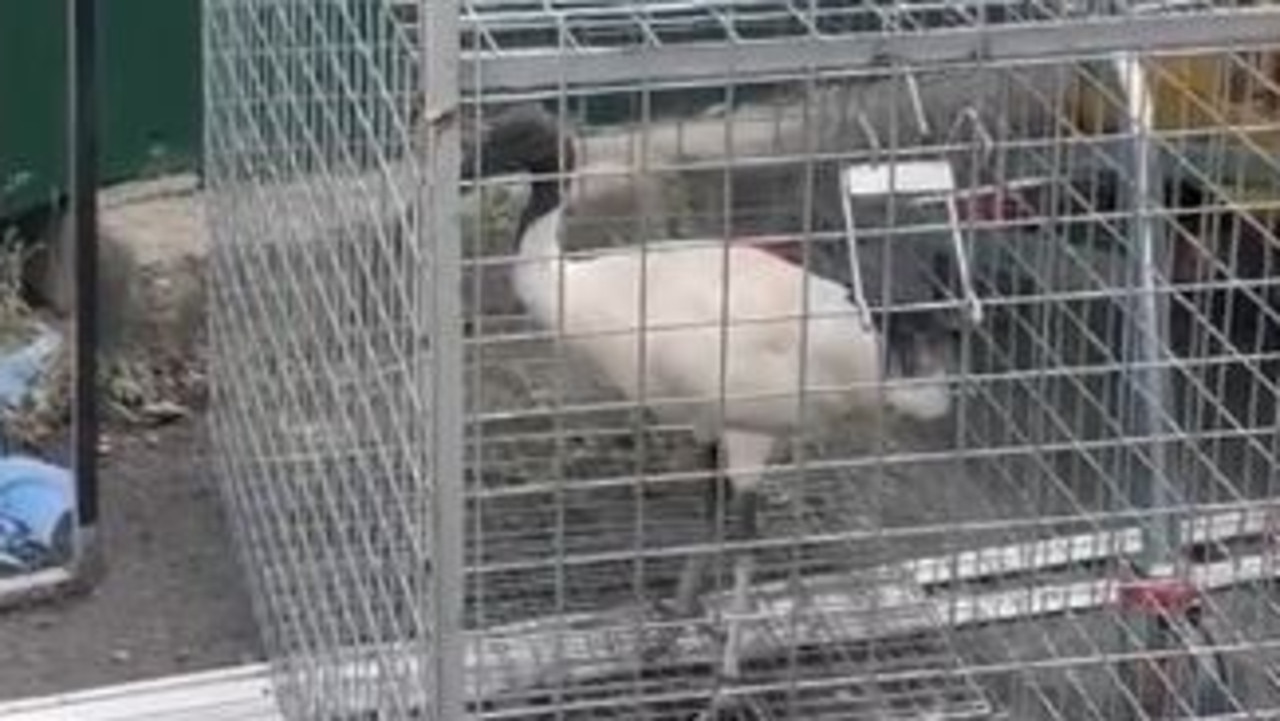Gold Coast pets: Pet owners warned about deadly canine virus
Pet owners are warning other animal lovers to be aware of a deadly canine virus that attacks digestive systems after a puppy contracted it on the Gold Coast.

Pets & wildlife
Don't miss out on the headlines from Pets & wildlife. Followed categories will be added to My News.
PET owners at a northern Gold Coast suburb are warning other animal lovers to be aware of a deadly canine virus that attacks digestive systems.
Rosie, a six-month-old miniature dachshund puppy at Hope Island, was rushed to vets last week suffering from the highly contagious parvovirus.
Her owners spent over $11,000 in medical costs to save the puppy.
Canine parvovirus is a highly contagious virus that can affect all dogs, but unvaccinated dogs and puppies are the most at risk.
The often deadly virus attacks the dogs’ gastrointestinal tracts causing vomiting and diarrhoea and is spread by faeces, water and shared surfaces.


GOLD COAST: VOMIT AND DIARRHOEA BUG HITS THE CITY
Rosie’s case follows a number of reports from Hope Island residents of their dog suffering from the virus. However, vets in the region say they are not aware of increased cases.
There is no national data base available to track potential outbreaks.
Rosie’s owner Dawn O’Keeffe is warning owners to “be responsible” and pick up their dog poo to save others from trauma.
“Rosie was vaccinated but still contracted the disease,” Ms O’Keeffe said.
“She was vomiting and had diarrhoea. It happened very quickly.
“It was just terrible to see a little puppy suffer like that.”
Ms O’Keeffe said she was frustrated others were not aware of how easily the virus could spread.
GET FULL DIGITAL ACCESS: $5 PER MONTH FOR THE FIRST 3 MONTHS

“The disease is ruthless. People don’t understand how easily it spreads.”
Parvovirus expert and vet Dr Mark Kelman said about 20,000 cases of Parvo occurred across Australia every year.
“I can confirm there are outbreaks all over Australia at the moment and we are heading into the highest risk period over the summer.” he said.
“The biggest issues with Parvo spreads so easily and last for significant time in an environment..”
Dr Kelman will be launching Parvo Alert this month, an online data base of all confirmed cases so owners can be aware of the risk in their area.
The signs of parvovirus can include:
• Sudden onset of bloody diarrhoea
• Lethargy
• Unwillingness to eat
• Repeated episodes of vomiting


